What are Agile processes and how do they relate to research?
January 30, 2018
In a previous post, we’ve discussed how we’re using Agile methods to deliver Research Data Management (RDM) services. We now explain what these methods are, and how they relate to the way researchers work. Agile methods have their roots in the world of software development. Traditionally, software would be developed the same way as other …
Our approach to delivering Research Data Management services
January 22, 2018
As part of a broader Digital Research Environment Strategy which the University’s Information Services are delivering – a strategy described in our envisioning video – we have started working on creating new Research Data Management (RDM) services. There are multiple reasons for us to commission new RDM capabilities: First, it’s part of the normal life cycle …
Corrupt Kitchen VR Dev-Diary 3
January 17, 2018
Paul Tennent, Research Fellow, Mixed Reality Lab Welcome to the next section of the Corrupt Kitchen VR development diary. Today we’re going to talk about the events and aspects of the system beyond the core task of burger making. These fall largely under the separate headings of ‘health and safety’ and ‘corruption’. In general, Corrupt …
When Law and Computer Science Collide: How an interdisciplinary project is letting me do more than I could on my own
January 15, 2018
Richard Hyde It’s not that I wasn’t interested in using technology in my research; I’m just not sure I had ever seen a way to combine virtual reality with food regulation, my rather specialist research area. So it was with some trepidation that I stepped into a meeting with Stuart Moran and Jan Mayer-Sahling, which …
Faculty of Arts Digital Day: A Showcase of Digital Teaching and Learning and Digital Research Projects
December 8, 2017
Staff from across the faculty gathered in Highfield House on 11th October for the Arts Digital Day, an afternoon where staff shared developments in digital teaching and learning and digital research. The event was introduced by Faculty PVC Professor Jeremy Gregory. Faculty APVC Mark Bradley gave an update on Education and Student Experience, during which …
My fieldwork affair with the Neo-Smart Pen
November 24, 2017
My research projects are typically ethnographies at settings where carrying along laptops, tablets, cameras and other relatively heavy or expensive devices for data collection is not always feasible, safe or practical. I have used alternatives such as mobile phones as many now incorporate large storage spaces, high-end hardware and apps for taking pictures, recording and …
The Internet of Simulations
November 22, 2017
The Digital Research Team is working with Charlie Laughton in the School of Pharmacy to explore if computational simulations could be done differently. In many fields, computational methods are used to generate a prediction as to how a system will behave over time. Typically the simulation is a small window in time into what is, …
Arts Impact: Storytelling Objects – Prototype and Design
November 17, 2017
In the summer, our research team started the Storytelling with Objects project and began a design session to create a set of storytelling artefacts. Our team held a design workshop on 6th June 2017 at the Mixed Reality Lab in the School of Computer Science, University of Nottingham. Together with transmedia practitioners, we explored several …
Corrupt Kitchen VR Dev-Diary 2
November 14, 2017
The Digital Research Team are working with Computer Science, Law and Politics on developing a VR game about corruption. Dr Paul Tennent describes the on going development below: Welcome to the next section of the Corrupt Kitchen VR development diary. Today we’re going to talk a bit more about realising the game experience. First though …
FAIR in Practice?
November 10, 2017
When we talk about research data management, we often talk about researchers depositing their own data and having to identify and re-use data produced by others. However, the process of identifying suitable data and making use of other people’s data is often challenging and sometimes impossible. In a world where the volume of data is …

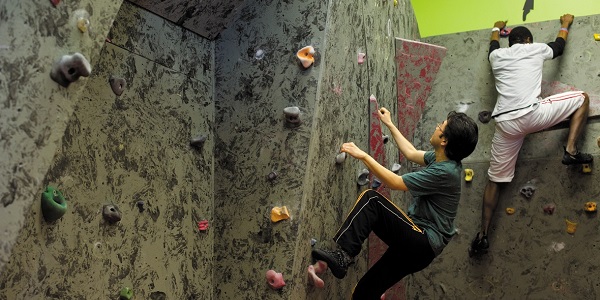
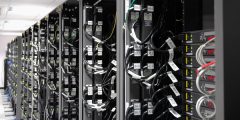
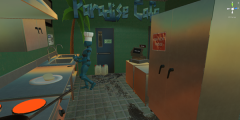
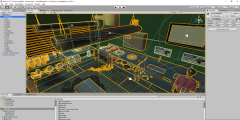
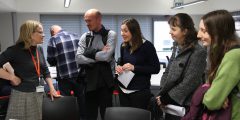

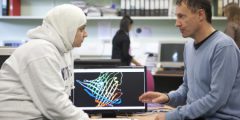
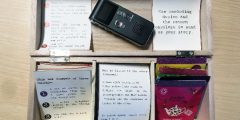
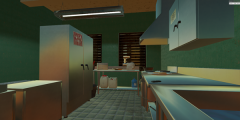
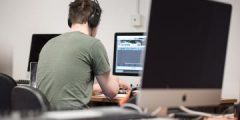
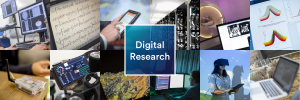
Recent Comments